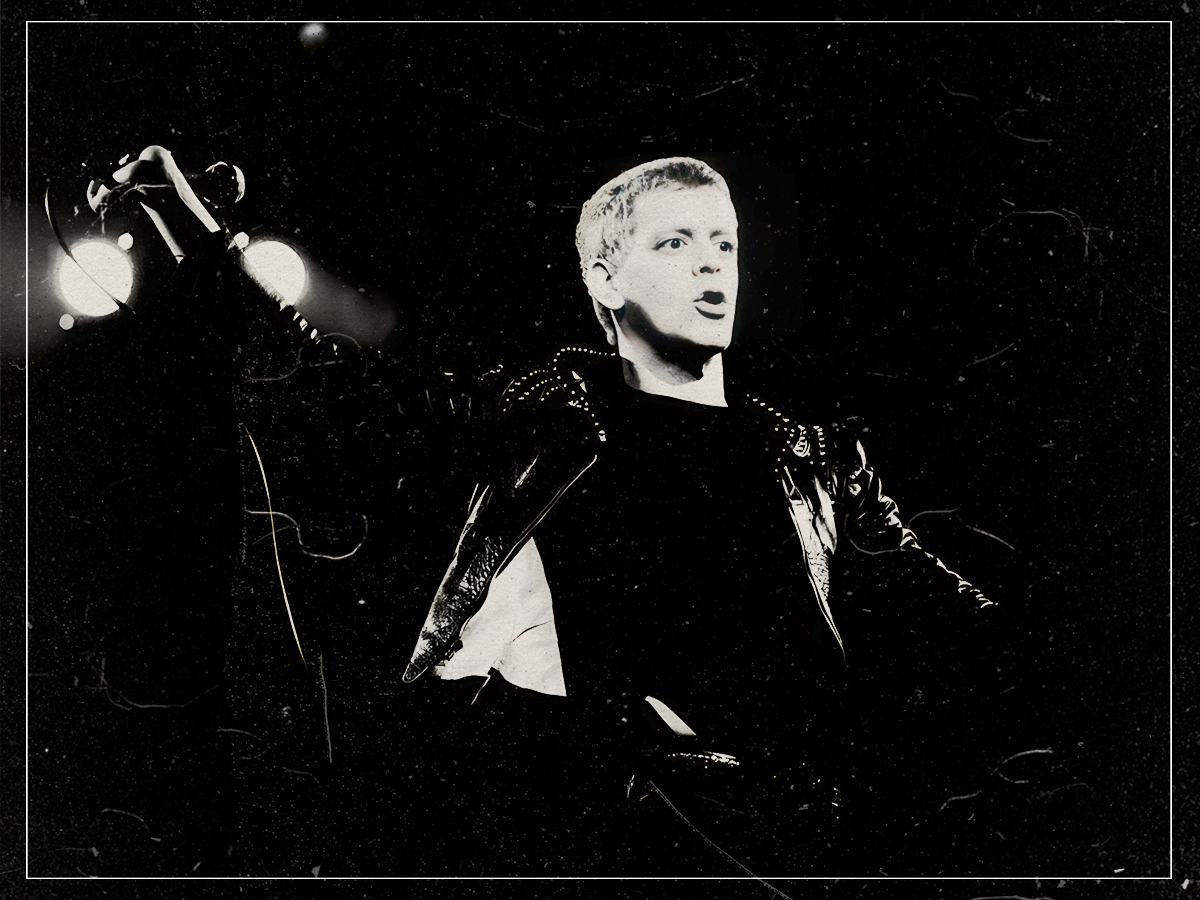
Perhaps the closest thing Reed ever did to a concise and conventional pop song, ‘Satellite of Love’ also happens to be one of Reed’s finest achievements. While he may also have David Bowie to thank in part for the production flourishes, backing vocals and additional touches of genius, the track itself is Reed all over, and is the crowning glory of Transformer.
One could argue that the clunky lyrics of the middle eight bring things down a few notches; the counter-argument to this is that Reed’s music has always been rife with imperfections, and it’s the moments of slight naivete that end up being the most appealing aspects of his work.
Of course, the ‘bom-bom-boms’ in the chorus are glorious, and the soaring coda at the end of the track where the horns come into full swing and Bowie’s dramatic backing vocals kick in is equally masterful, but it’s the way that every element, good and bad, manages to coalesce, is what truly makes the song a gem in Reed’s solo catalogue.
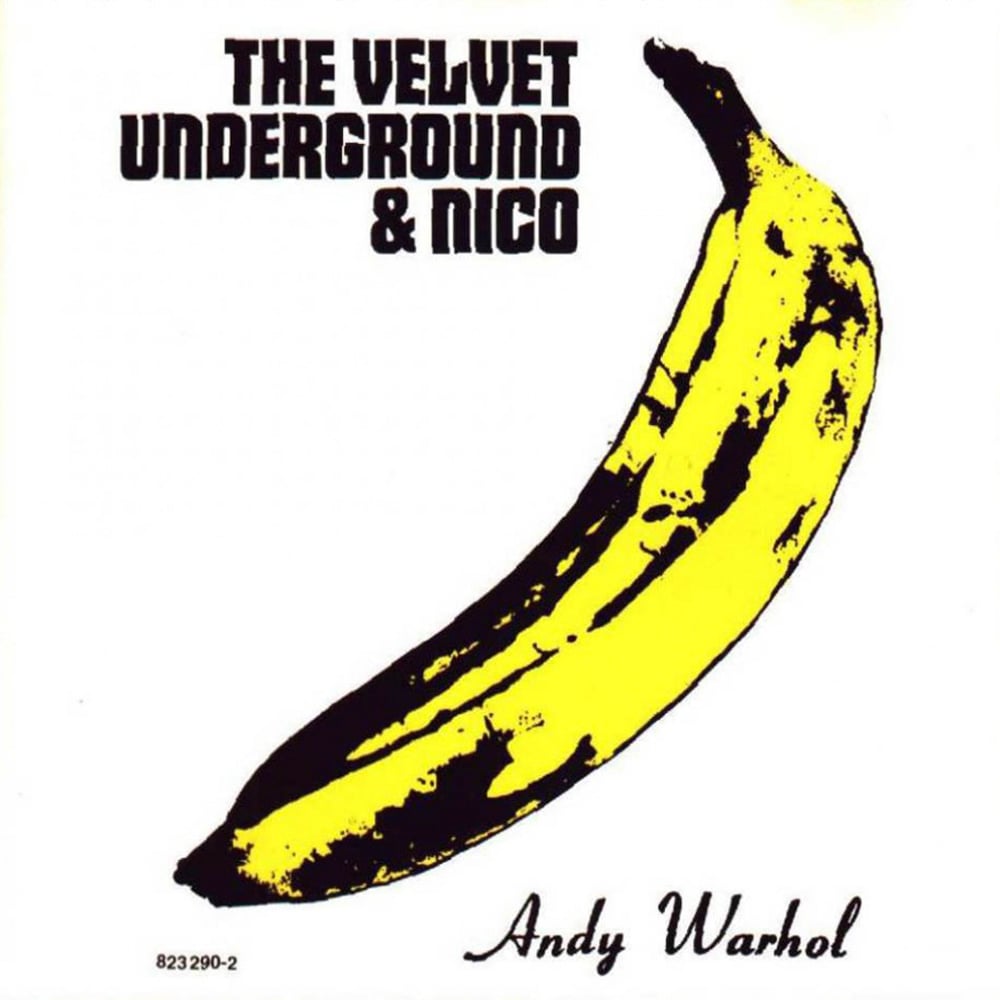
The entirety of The Velvet Underground & Nico is a demonstration of Reed’s unwavering creative spark, and could reasonably be considered to take up every spot on this list, but the track that truly captures the band at their most avant-garde and boundary-pushing is the funereal dirge of ‘Venus in Furs’. The argument that is often made to support this album’s brilliance is that no music had sounded like it before, but in the case of ‘Venus in Furs’, very few songs have managed to sound like it since.
From the simplistic yet hypnotic drum beat of Maureen Tucker to the droning and screeching violin of John Cale, the atmosphere of the track is unsettling from start to finish, but it wouldn’t have ever come to fruition without Reed’s insistence that it could all work alongside his drugged-out drawl and detuned ‘ostrich’ guitar.
For any band to release a track like this as early as 1967 takes bravery, but for a band to do it on their debut album is another thing entirely, and the fact that the record has gone on to shape so much of rock music since speaks volumes of how successful it was in its quest to blow minds.
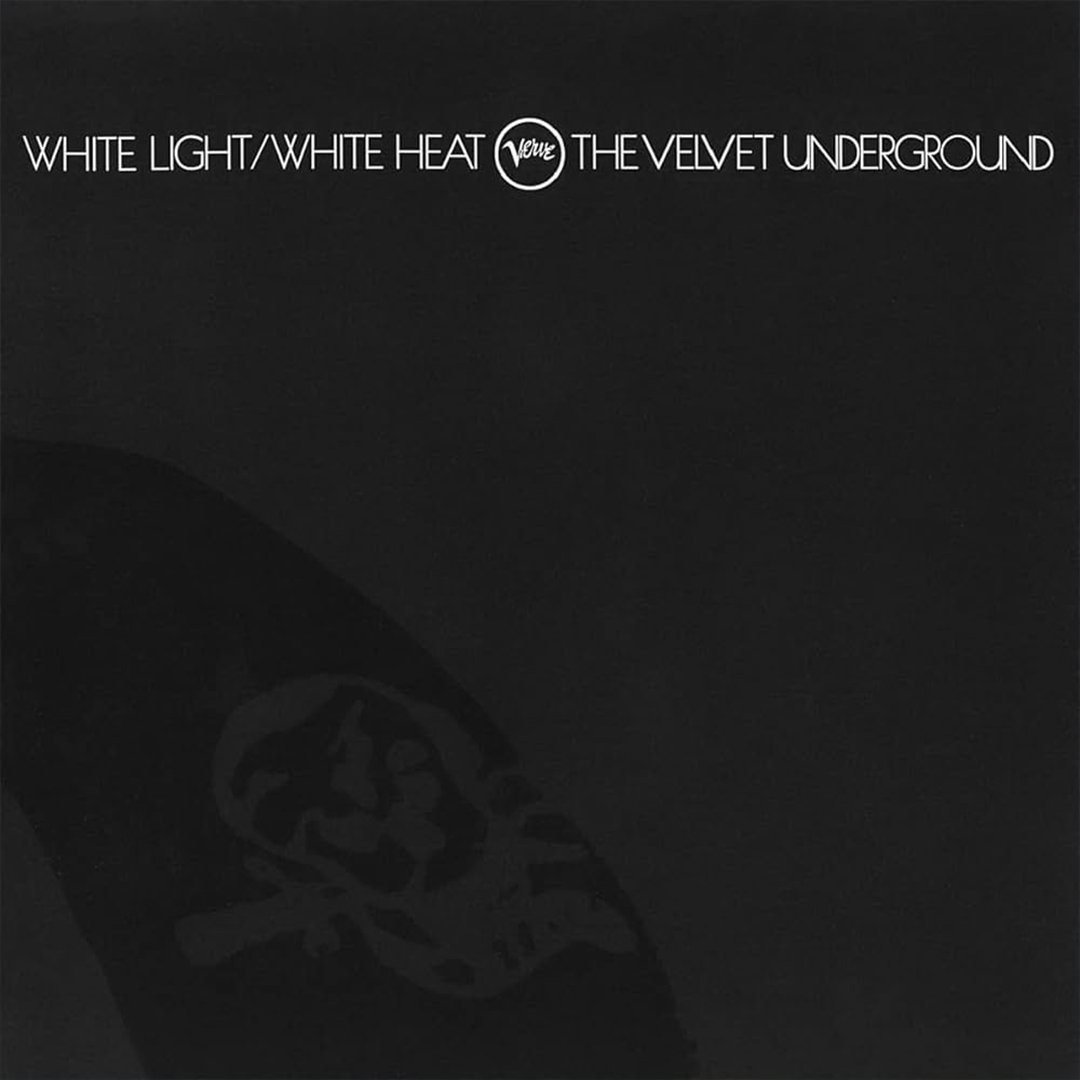
Is a 17-minute track that repeats the same two chords for its entire duration a mark of genius? Yes, yes it is.
We’ve already talked about how much Reed loved to push boundaries, and stretching a basic garage rock riff out for over a quarter of an hour is bound to test the patience of most listeners, not least their producer, Tom Wilson, who allegedly walked out of the studio and left the band to do their thing. Having that song also make reference to drug use, homosexuality, fellatio, and violence was also likely to prove a stumbling block for a late ‘60s audience.
Did Reed care about that? Of course not. The entire point of his artistic outlook was to be transgressive, and to achieve that, you have to have an unwavering confidence in your decisions. The song was bound to turn heads and cause people to squirm at its uncomfortable subject matter, but it was just as likely to astound people for all the right reasons and turn them onto some of the most electrifying music they’d been exposed to. Reed knew exactly what he was doing with ‘Sister Ray’, and he succeeded in every manner imaginable.

For all of his experimental moments, Reed was also a master of writing a heartbreaking ballad. The only difference between ‘Perfect Day’ and your regular ballad is that it’s not directed at the object of his desire in a romantic fashion, but his insatiable desire for taking heroin.
Yes, he’d covered the topic before on several occasions, but had always done so in a more obvious fashion, and what makes ‘Perfect Day’ so special is how he distorts the listener’s perception once they’ve figured out what he’s singing about.
It could so easily be about spending the best day of his life with a loved one, but when it becomes apparent that it bears a much darker undertone, the song becomes crushing and full of despair. Reed manages to subvert expectations and dispel the notion that a ballad of this ilk has to be about a conventional love story, and to do that so subtly is another reason why this track has become so beloved by his own fans, and beyond.
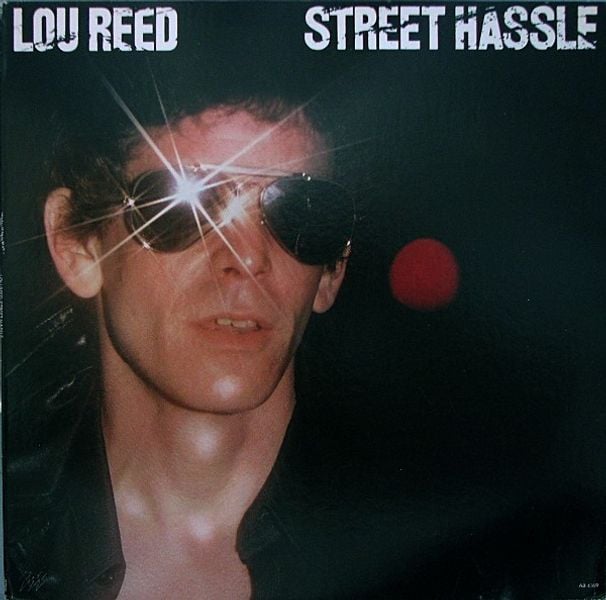
Writing lengthy compositions isn’t unknown territory for Reed. We’ve already mentioned how ‘Sister Ray’ does its best to exhaust the listener with its runtime, but where that Velvet Underground track and ‘Street Hassle’ differ is that the former largely sticks to the same mood throughout and is all about capturing an off-the-cuff vibe through jamming.
‘Street Hassle’ is a masterclass in letting a song evolve through different movements, and is very deliberate in how it progresses from one section to the next.
Starting with just a vibrant cello, the song distorts and mangles itself as more elements come into play, and while it still bases itself around a repetitive motif, it’s still a fine example of how Reed always had his finger on the pulse. It’s not a million miles away from where he was a decade prior, but it shows a remarkable shift between the no-fucks-given attitude he had on The Velvets’ debut and a desire to prove his genius to audience by continuing to evolve as an artist.
‘Walk On The Wild Side’ 
‘Walk on the Wild Side’ may well be one of Lou Reed’s most famous songs, and for good reason. The way that he manages to merge his poetic side and his knowledge of rhythm in a bid to make this thought-provoking and catchy number is truly stunning, and has managed to stay in the hearts of listeners ever since.
The song is a full-blown story, telling the tale of people coming to New York City to become sex workers. Reed introduces various characters such as Holly, Candy, Sugar Plum Fairy and Little Joe. “Take a walk on the wild side,” is what these sex workers used to say to potential customers. Reed managed to write in a way which gave the song but also had tremendous empathy.
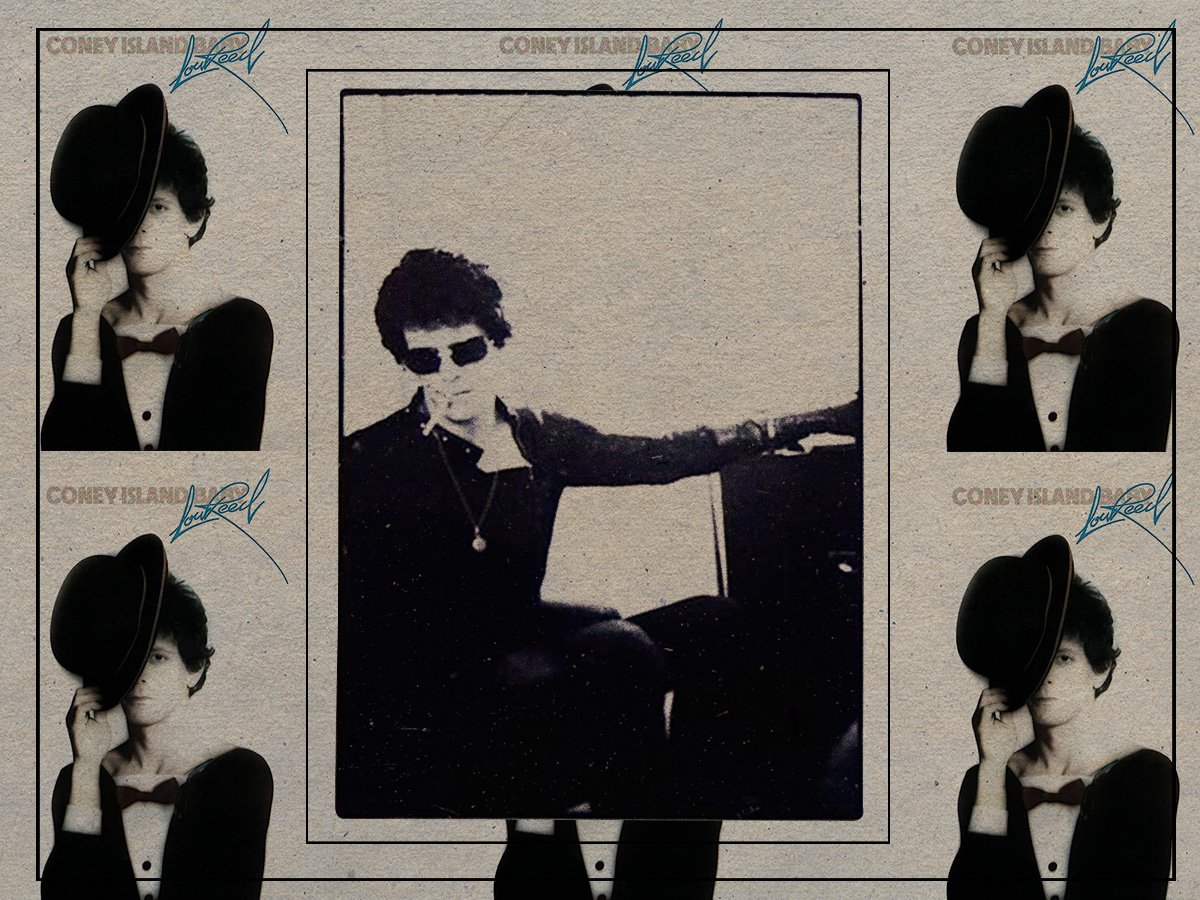
While a lot of Lou Reed’s artistry came from the magic of his independence, he threw himself into a total commercial project when he was working on ‘Coney Island Baby’. He didn’t have a home or manager, and RCA had agreed to give him a deal if he moved away from working on nihilistic projects.
While this may be one of his more commercial offerings, Reed’s use of lyricism remained outstanding. Adapting a poem he had written in the ‘70s, the song goes from an ode to a high school football team to a celebration of love. Very few people other than Reed could write something as moving as this.

The beauty of some of Lou Reed’s writing is that while the theme of a song may be obvious, what Reed is trying to say isn’t always clear. Many thought that his lyrics in the Velvet Underground’s ‘Heroin’ were the words from a dark poem, a condemnation of the drug, or merely a factual telling of what it’s like when you take the drug.
“I meant those songs to sort of exorcise the darkness, or the self-destructive element in me, and hoped other people would take them the same way,” explained Lou Reed, “But when I saw how people were responding to them, it was disturbing.”
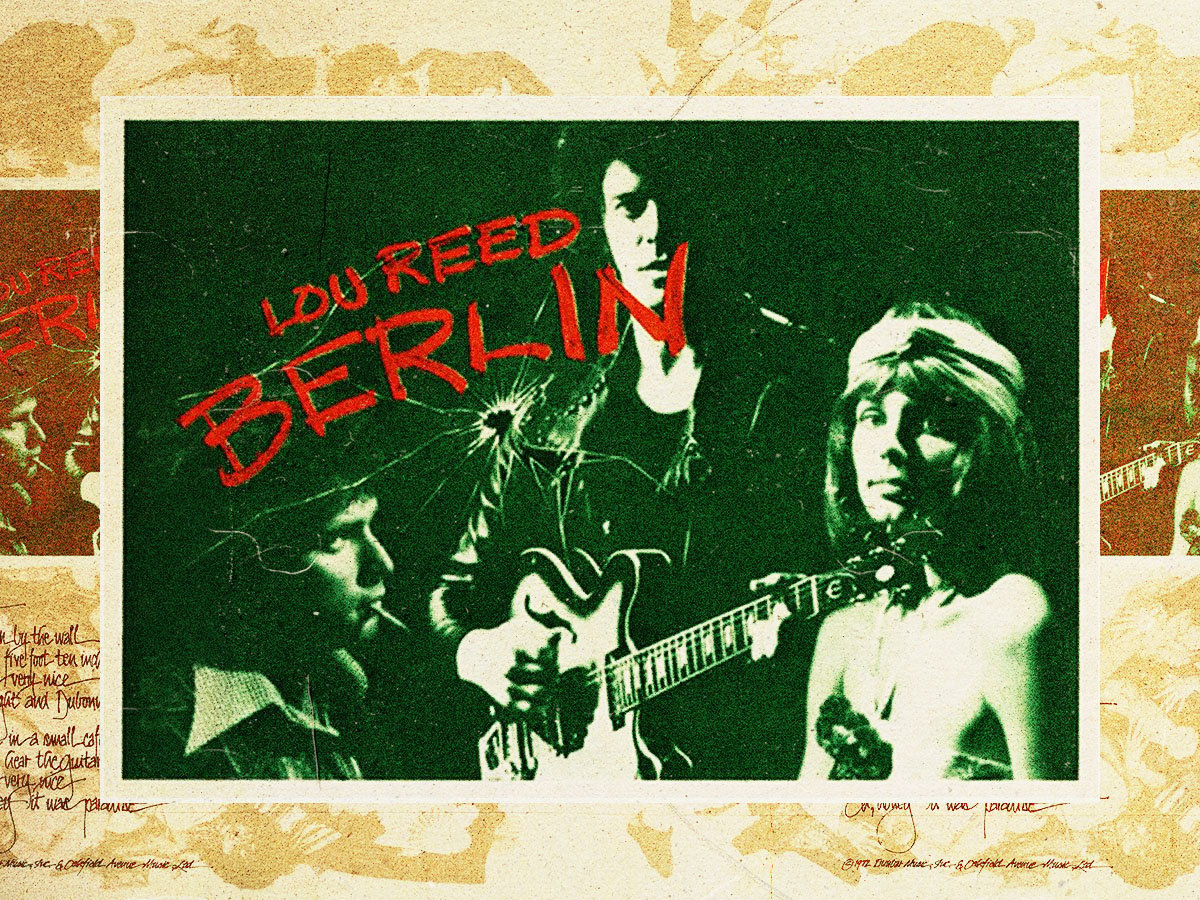
‘Berlin’ originally featured on Lou Reed’s debut album. The song was a beautiful tale about a romantic evening in a café in the German capital. The album and subsequently the song didn’t do great, and the track fell into obscurity. After the success of ‘Walk On The Walk Side’, however, Reed revisited the song.
On his next record, he decided to re-record the track, not only giving it a new lease of life, but also expanding the story so it stretched out across the entire album. This shows just how well fleshed out some of Reed’s ideas were, as something which was initially just a song wound up being an entire record.
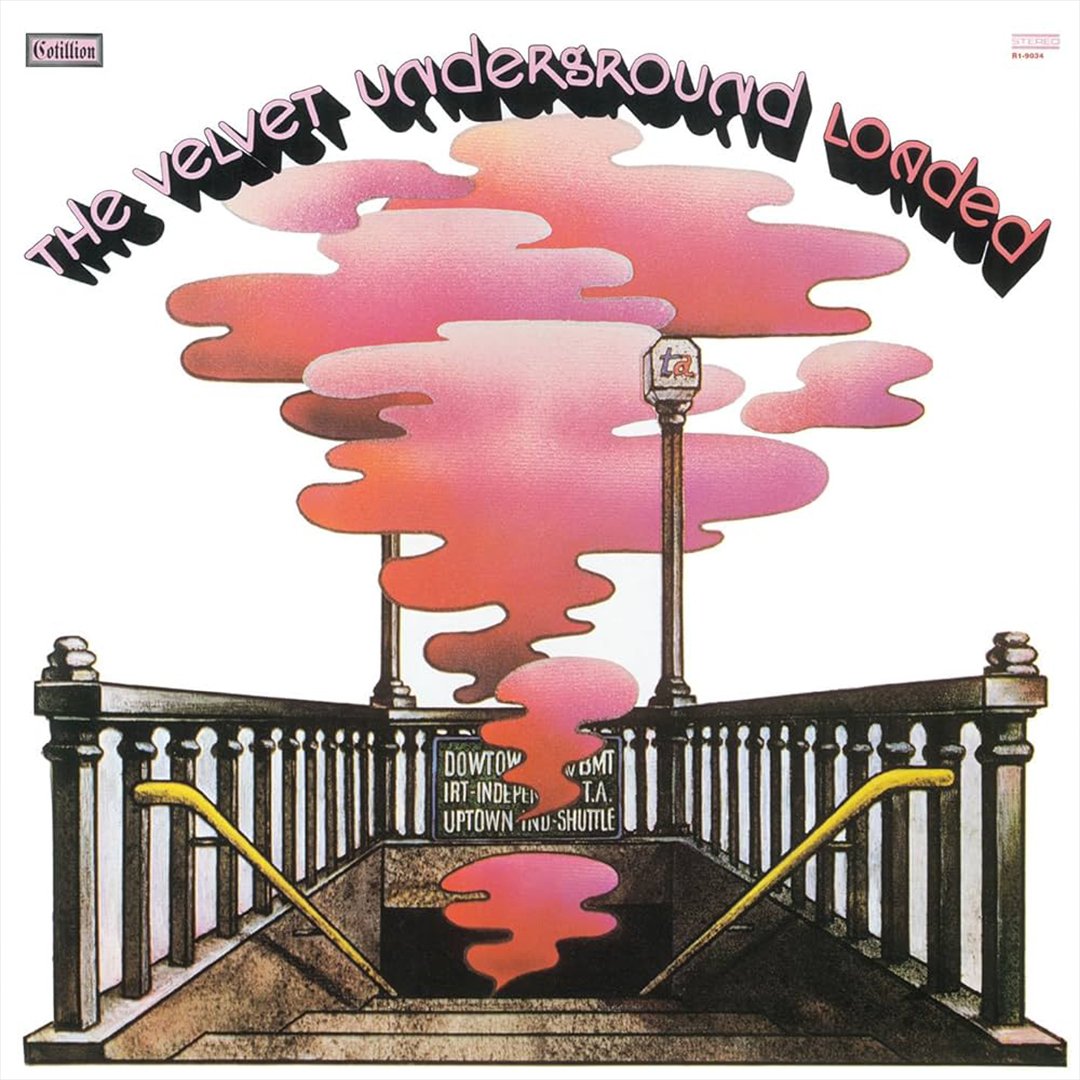
There are many different aspects of Lou Reed’s songwriting to celebrate, as have been discussed in this list. There are plenty of different attributes, such as his lyricisms, honesty and general ability to tell a story. However, at the crux of everything is good rock music, and therefore it seems fitting to end this list with a song which is a blanket celebration of the genre.
Released on The Velvet Underground’s 1970 album Loaded. It saw the band completely embrace rock music and dedicate a whole song to the style of music that they adored. “’Rock and Roll’ is about me,” said Reed, “If I hadn’t heard rock and roll on the radio, I would have had no idea there was life on this planet. Which would have been devastating – to think that everything, everywhere was like it was where I come from. That would have been profoundly discouraging.”

